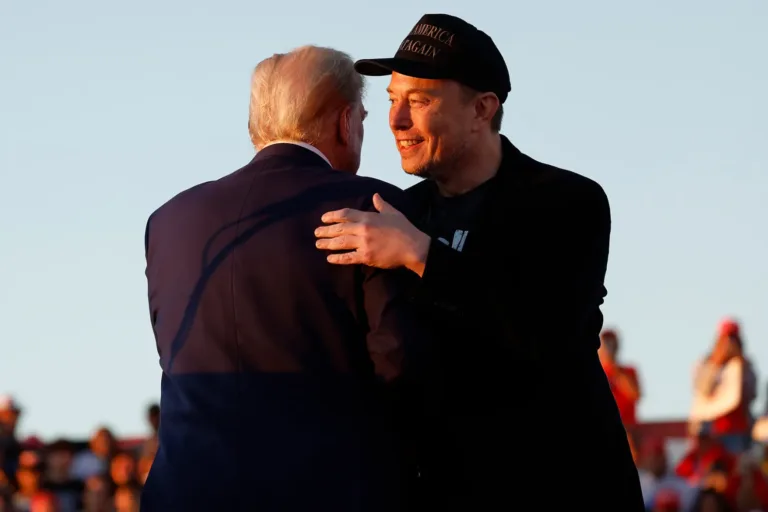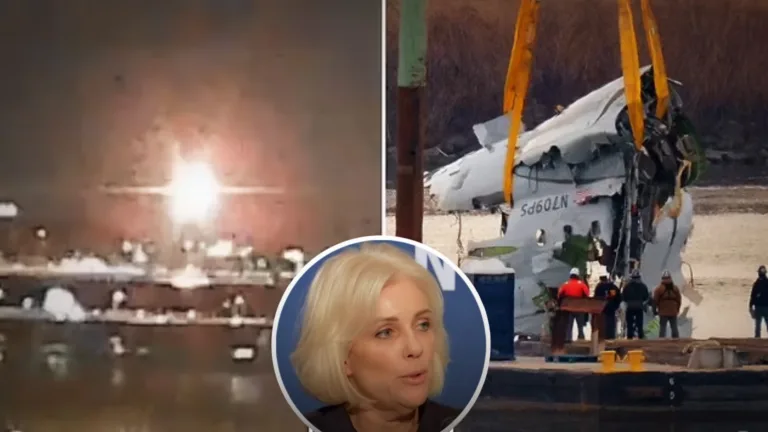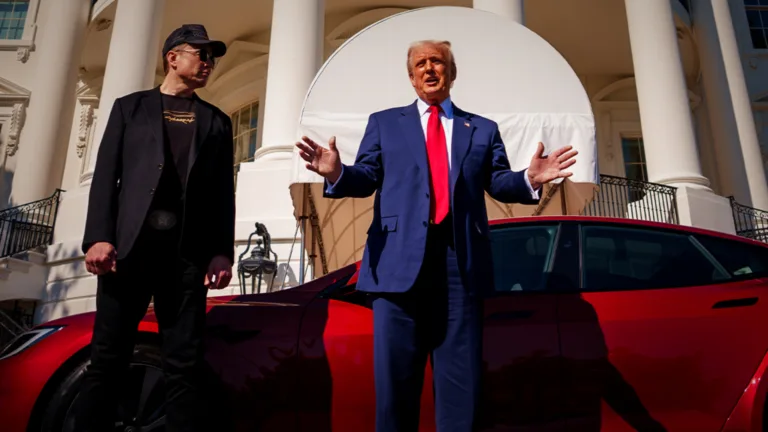Justice or Privilege? Trump’s Stunning Outcome in Hush-Money Case

Donald Trump stood before Judge Juan Merchan, his fate sealed by 34 felony counts of falsifying business records. The hush money scandal involving Stormy Daniels had unraveled, exposing payments tied to his 2016 campaign. Despite his lawyers’ attempts to delay sentencing, Merchan declared Trump’s case “extraordinary.”
January 10, 2025, marked a historic moment. Trump, President-elect, received an unconditional discharge—a rare sentence without imprisonment, fines, or probation, typically reserved for minor offenses.
Amid protests and debates, Trump prepared for his January 20 inauguration. The drama symbolized a nation divided, where justice and politics collided in a tale of power, scandal, and resilience.
The courtroom buzzed with anticipation as Donald Trump, the President-elect of the United States, faced an unprecedented moment in American history. Found guilty of falsifying business records linked to a hush money scandal involving Stormy Daniels, Trump stood at the crossroads of justice and politics. With his January 20 inauguration looming, the nation watched intently, divided between outrage and loyalty, as Judge Juan Merchan prepared to deliver a sentence that would etch this case into the annals of history. Would justice clash with power, or would it serve as a reminder that no one stands above the law?
A Scandal Unveiled
In the heart of New York, a scandal erupted that would shake the foundations of American politics. Donald Trump, the soon-to-be President, was accused of orchestrating $130,000 in hush money payments to adult film star Stormy Daniels during his 2016 campaign. The payments, aimed at silencing claims of a past affair, led to 34 felony charges of falsifying business records.

Credit: AP
The Courtroom Drama
The trial captivated the nation. Lawyers for Trump argued that the proceedings were unjust, jeopardizing his transition to the Oval Office. Meanwhile, Manhattan District Attorney Alvin Bragg’s team maintained that Trump’s actions, past and present, revealed a disregard for the justice system.
Credits: Reuters
An Extraordinary Sentence
On January 10, 2025, Judge Juan Merchan delivered his verdict: an unconditional discharge. Describing the case as “truly extraordinary,” Merchan imposed a rare sentence free of prison time, fines, or probation. This decision, typically reserved for minor offenses, left the public divided.
A Nation Divided
As Trump prepared for his January 20 inauguration, the case became a symbol of America’s polarized state. Supporters celebrated his resilience, while critics decried what they saw as leniency for a powerful figure. The line between justice and politics blurred, leaving the world to wonder: what does this mean for democracy?
Final thoughts
The case of Donald Trump’s hush money payments concluded with an outcome as unprecedented as the trial itself. Despite being convicted on 34 felony counts of falsifying business records, Trump received an unconditional discharge—a sentence without imprisonment, fines, or probation. While Judge Juan Merchant called it the most “viable solution,” the verdict ignited fierce debate.
For some, it symbolized leniency for the powerful, while others viewed it as a step to preserve political stability during a historic presidential transition. The verdict underscored a nation grappling with justice, accountability, and the intersection of law and politics.
Could this extraordinary decision impact Trump’s upcoming presidency and the nation’s future?






